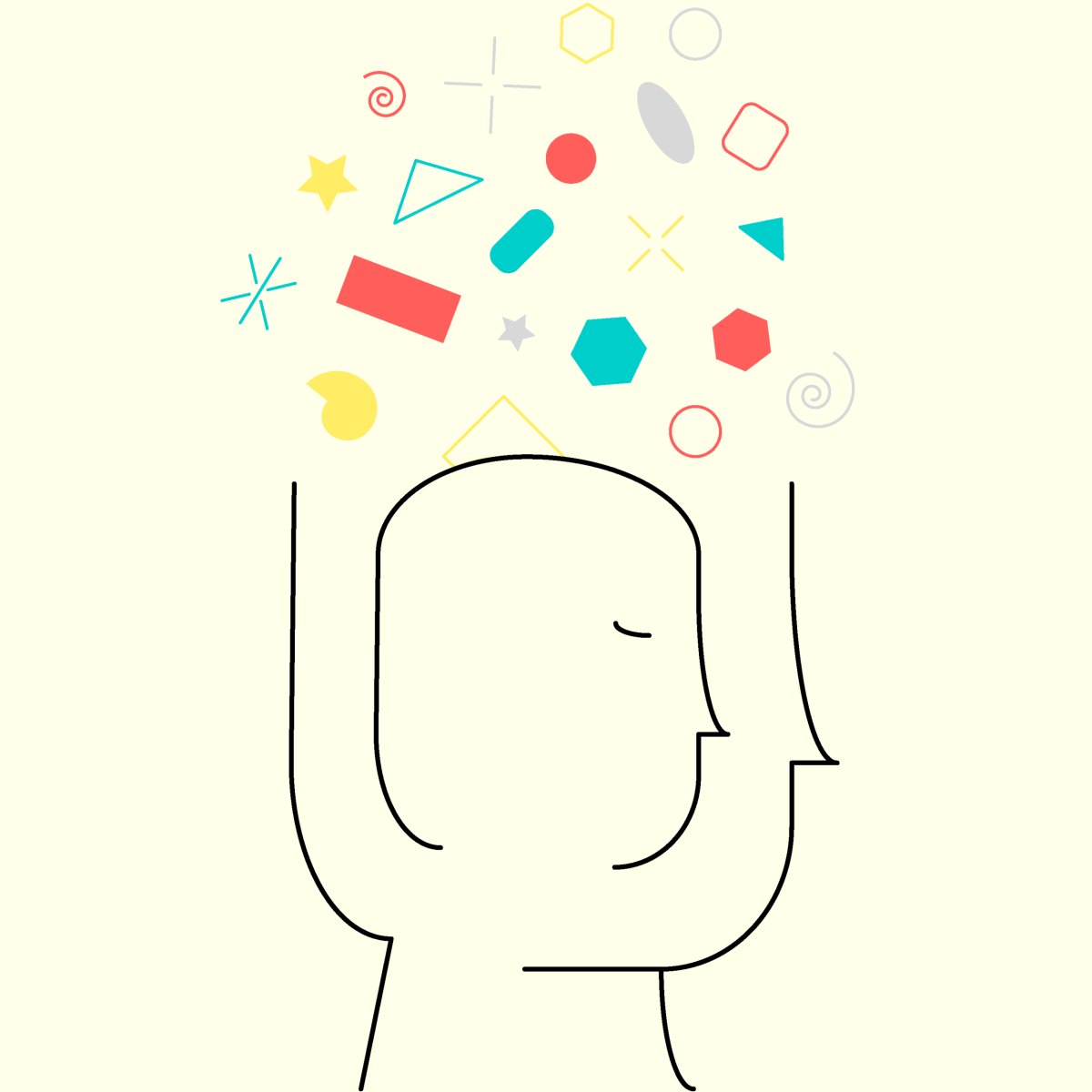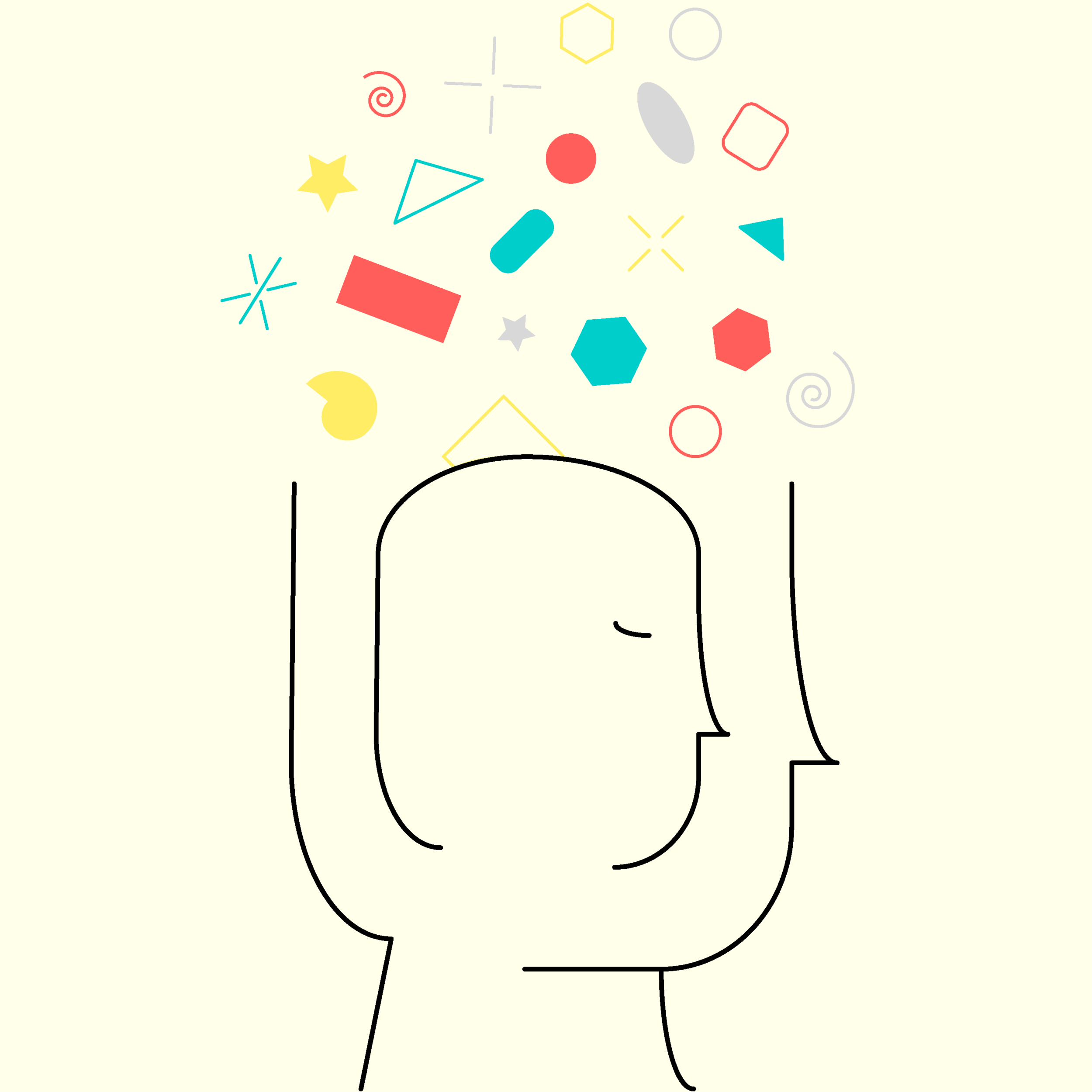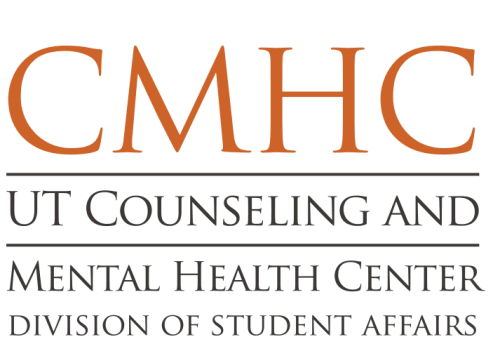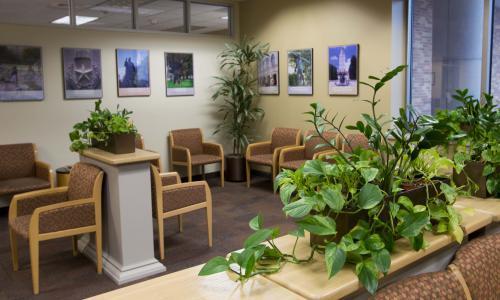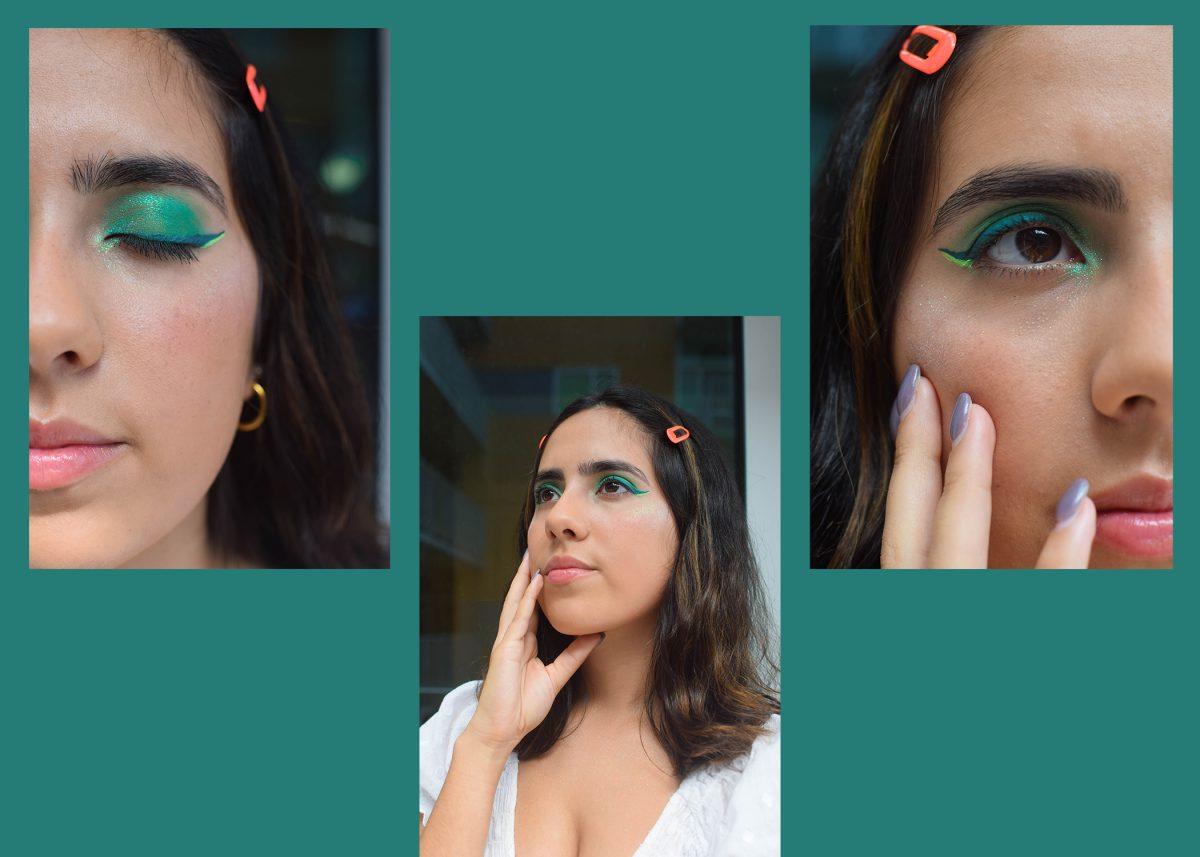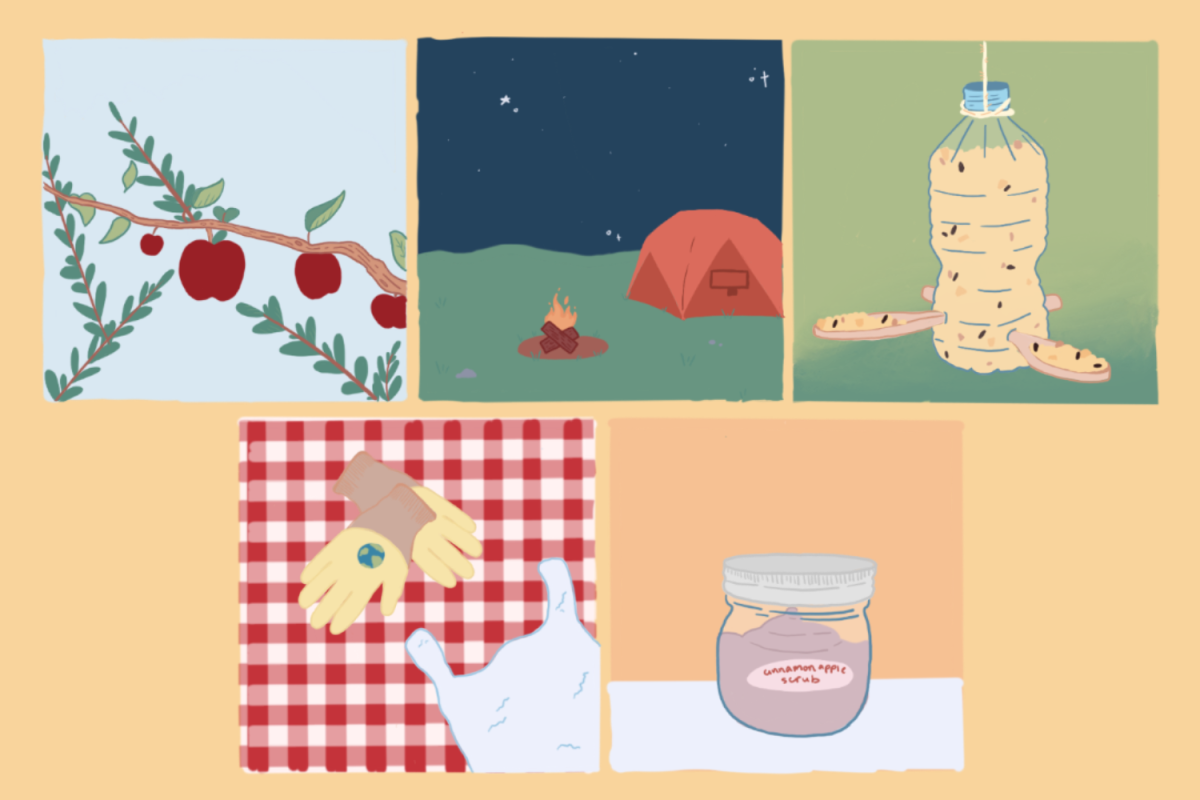Never wait to get help.
Story by Gabby Ponds
Illustration by Jacob Sepulveda
College is exciting, offering: new friends, interesting classes and an unfamiliar sense of freedom. Unfortunately, the sudden change in environment can negatively impact someone’s mental health. New stressors may seem like impossible feats and instead of enjoying life at the University of Texas at Austin, the desire to simply lay in bed may become irresistibly stronger. On top of that, the variety of resources at the Counseling and Mental Health center can be overwhelming to search through. However, it is important to understand all of the options that are available.
Photo Courtesy of University of Texas Counseling and Mental Health Center
For one, UT offers a multitude of drop-in discussion groups based on a student’s identity. These include groups for students of color, members of LGBTQ community and those that are concerned about issues on campus and around the globe. There are also support groups and classes that involve group counseling for students of different identities. Such groups include Connecting Around Chronicity: Support for Students with Life-Altering Medical Conditions, On Solid Ground: A Support Group for Survivors of Interpersonal Violence and a group called Big Bodies. Radical Love, and several more that discuss shared, personal concerns among students. In order to join one of these, an appointment must be made with a group leader or approval is needed from a counselor. More detailed information can be found here: https://cmhc.utexas.edu/groups.html.
The CMHC also provides the MindBody Lab in the Student Services Building and the Student Activity Center. Here, students can practice mindfulness. The main goal of the practice is to quit living life on “autopilot” and to reflect on how much time is wasted ruminating on the past or stressing over the future. Mindful based cognitive therapy is clinically proven to help alleviate stress and any symptoms caused by mental illnesses.
For more pressing matters, short-term counseling is available. After talking to a Brief Assessment and Referral counselor to discuss preferences and explain any situations, a counselor can be seen for $10 per appointment. However, don’t let money stop you from seeking help, take advantage of all of the free resources on campus. Financial assistance is also available to students.
Photo Courtesy of University of Texas
If medicine is seen as a potentially helpful form of treatment, the CMHC also offers psychiatric services. Here psychiatrists will be able to prescribe medication as they see fit for any mental health concerns. But, if the university resources do not seem helpful, the CMHC can also provide information on off-campus resources. Therapy is not a one size fits all solution. It might take some time for each individual to find the perfect solution for themselves.
Never wait to get help. Even if a persistent low mood seems like no big deal, learn how to manage it while it is still able to be controlled. Even if you have been struggling with mental health issues before stepping onto the 40 acres, the university is committed to helping students. Take advantage of the free resources. If you notice a friend isn’t acting like themselves, offer a helping hand. If things feel too out of control, call the National Suicide Prevention Lifeline at 1-800-273-8255 or CMHC Crisis Line reserved for UT students at 512-471-2255. Available 24/7 for immediate assistance, a trained counselor will listen to any concerns and can provide information regarding any action needed to be taken after the call is over.
College is supposed to be a time for enjoyment and exploration, don’t allow a mental health issue hold you back from taking advantage of your time on the 40 acres.































